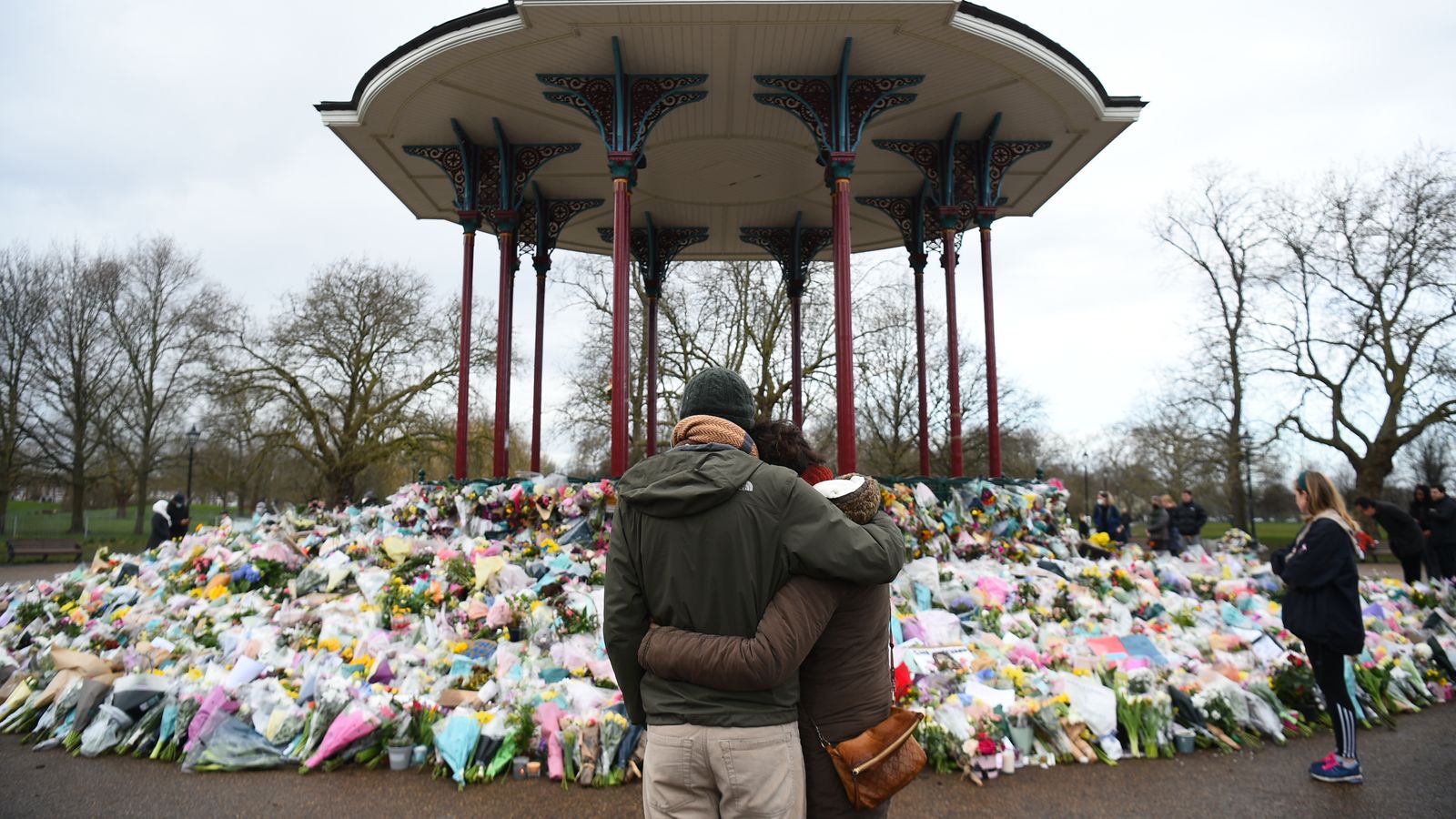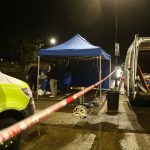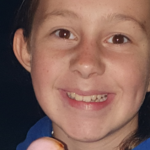The government is being urged to do far more to protect women than simply introducing “headline-grabbing quick fixes”.
Opposition politicians and campaign groups said there are “systemic problems” which must be tackled to change attitudes and behaviours before women can truly begin feeling safe.
It follows the announcement of “immediate measures” the government hopes will boost women’s safety in the wake of Sarah Everard’s abduction and death.
Those measures include plans to place undercover police officers in some clubs and other venues, improved street lighting and better CCTV coverage.
Shadow justice and safeguarding minister Jess Philips accused the government of rushing out policy without proper advice.
“I have no idea where the plan has come from,” she said.
“This seems to me like a very rushed job, where the government were caught out after not having considered this enough and not taking proper advice from experts.”
The Labour MP added: “For this to be effective, it’s going to have to have a huge number of undercover police officers in skinny jeans in bars who are then going to inform uniformed officers.
“But what are they going to do? Because there isn’t currently a law that stops us being harassed in the public realm.”
Please use Chrome browser for a more accessible video player
The government is understood to want a model similar to “Operation Vigilant” which has been running in the Thames Valley police area for more than a year.
Uniformed and undercover officers target those preying on women in the night-time economy.
Detective Chief Inspector James Senior said: “We very quickly realised that we were having a positive impact on sexual offending rates in the night-time economy specifically, with rapes reducing by half and sexual assaults reducing by a third.
“So it has clearly had a really positive impact in a really short space of time.”
At the Basement 45 nightclub in Bristol, where staff are preparing to reopen once COVID-19 restrictions are eased, the owner told Sky News most nightclubs are already focussed on keeping female customers safe.
Mark Davis said the introduction of undercover officers inside venues would do little to protect women in the wider community.
He added: “It may help with tackling some specific crimes in and around licensed premises, but it’s not going to potentially add any more support to people out on the street or being vulnerable late at night.”
Please use Chrome browser for a more accessible video player
East London Labour MP Stella Creasy said: “The problem with this approach is that it presumes that the challenge is all about the night-time economy.
“We know Sarah Everard wasn’t on a night out. Right now, 80% of women report being harassed in public spaces, but 90% of them don’t bother reporting it because they don’t think anything will happen if they do.”
The immediate measures also include an additional £25m to councils around the country to help enhance street lighting in areas of poor illumination, as well as improving CCTV coverage.
On Clapham Common, the carpet of flowers around the bandstand is growing by the hour, with a steady stream of people arriving to pay tribute to Ms Everard, who was last seen nearby on 3 March.
Please use Chrome browser for a more accessible video player
Almost a fortnight on, emotions there are still raw.
One woman who Sky News spoke to said wider societal changes were needed to better protect women.
“Education – we need to educate everyone. We need to educate people that no is no, and that certain behaviours are not acceptable so they don’t go onto a slippery slope of becoming even more violent.”
Another young women out to lay flowers at the bandstand said: “We need to have structures and set procedures in place to ensure that women are safe, to ensure that women feel safe when they’re on the road, so that women feel that they can come home, wear a certain outfit and they don’t have to be targeted and bullied by people on the road.”






















